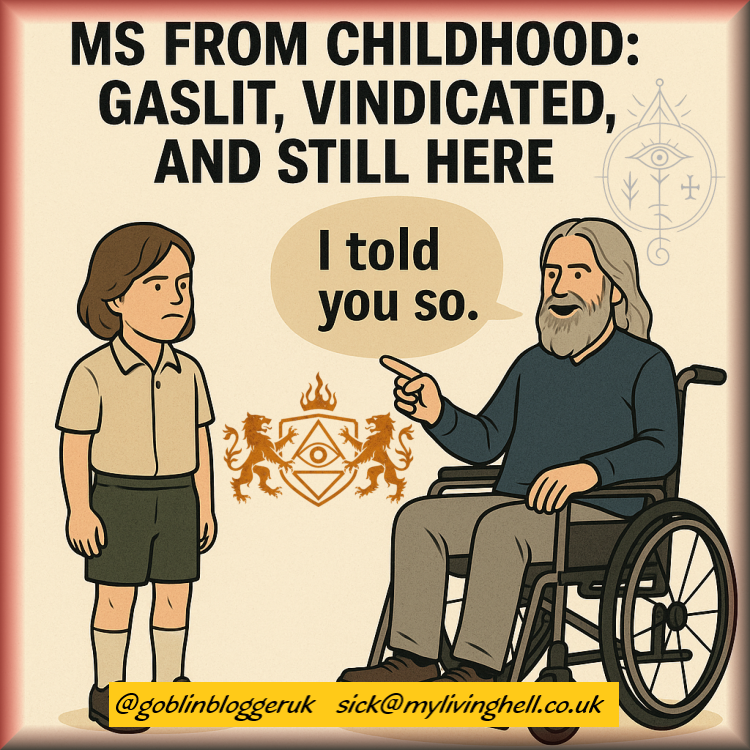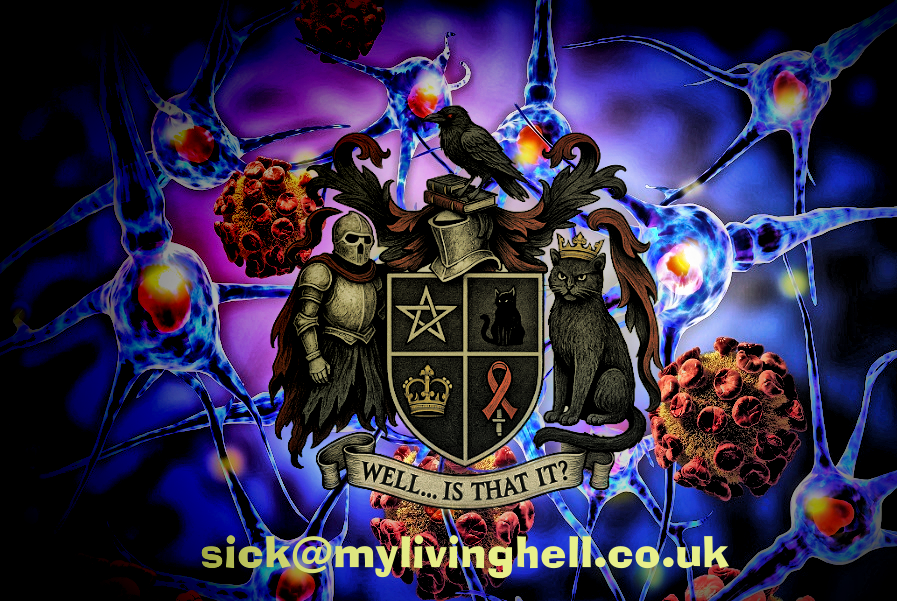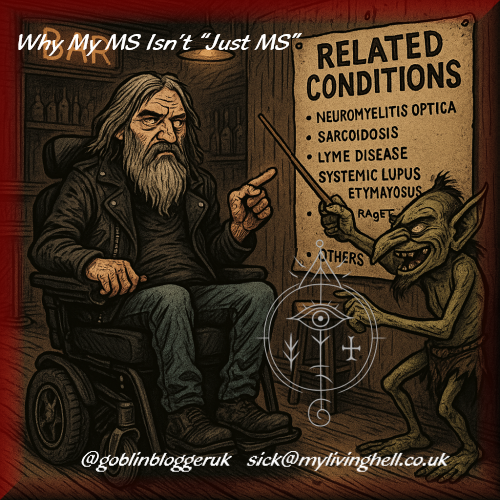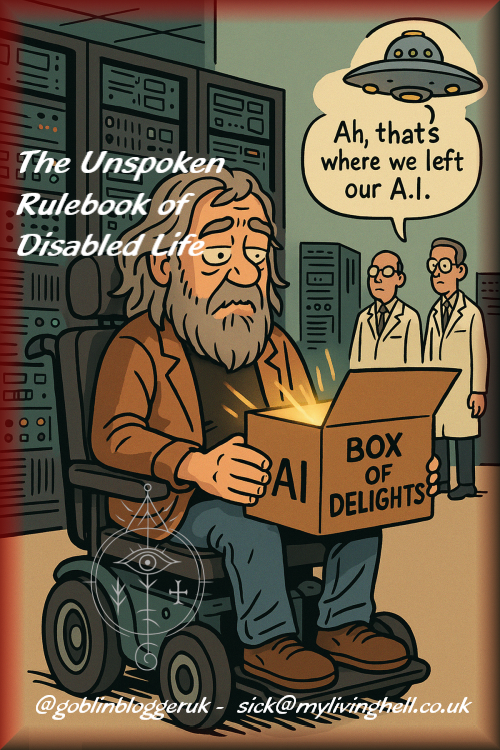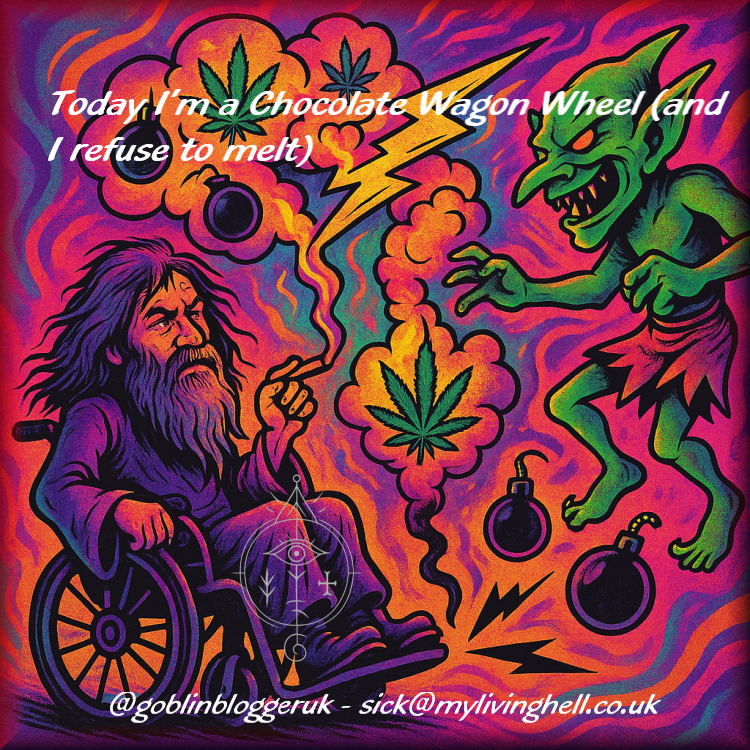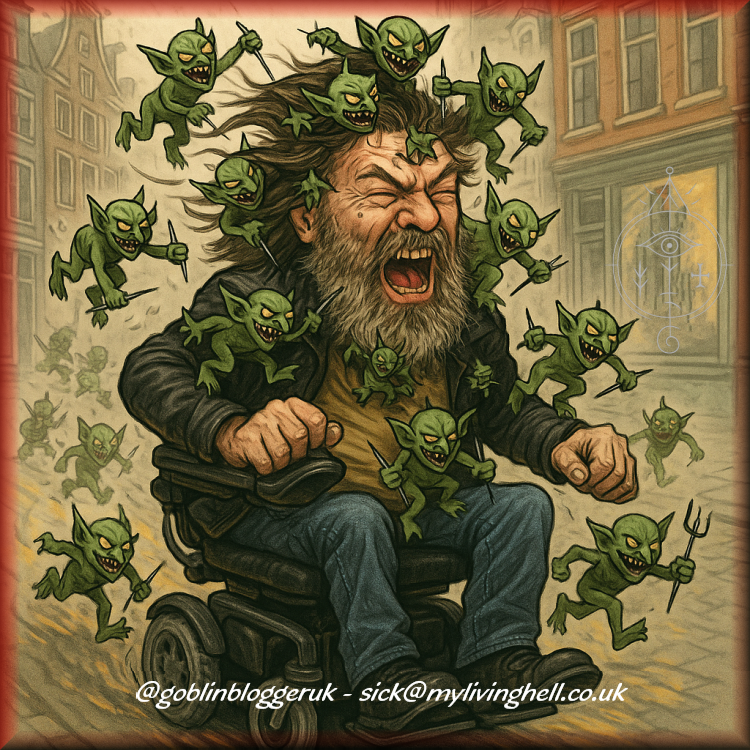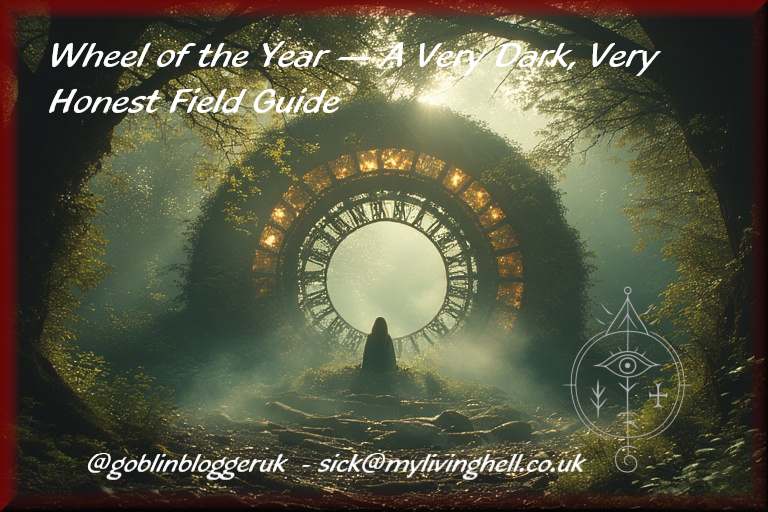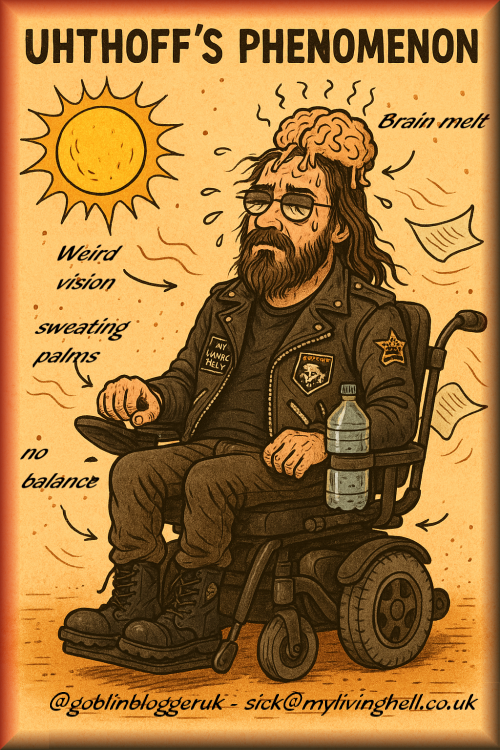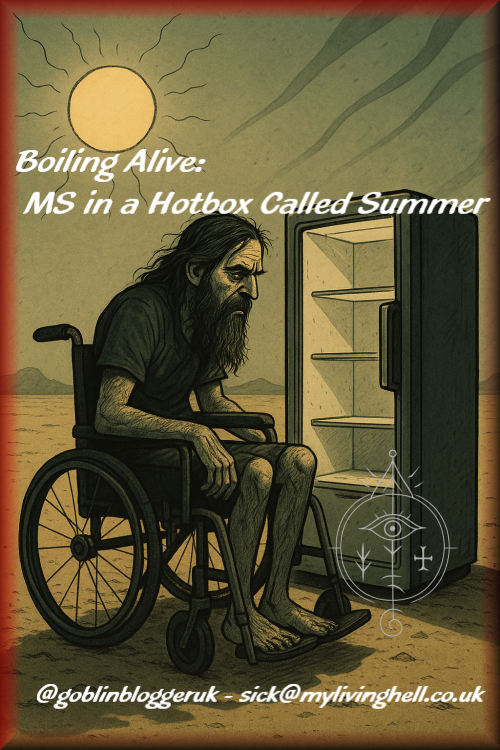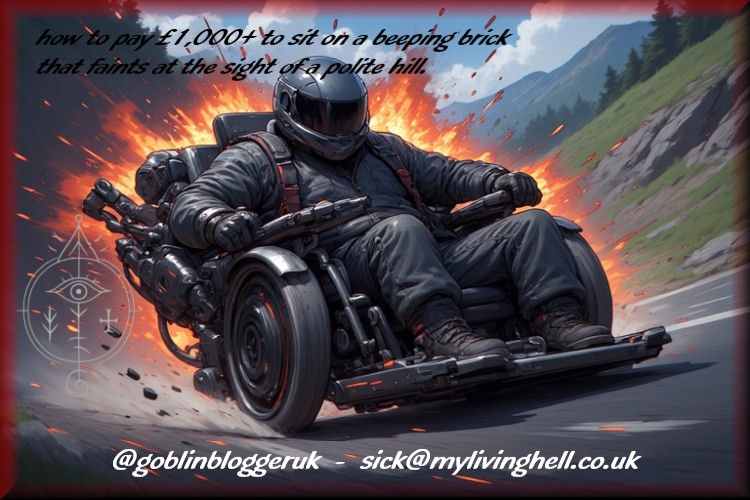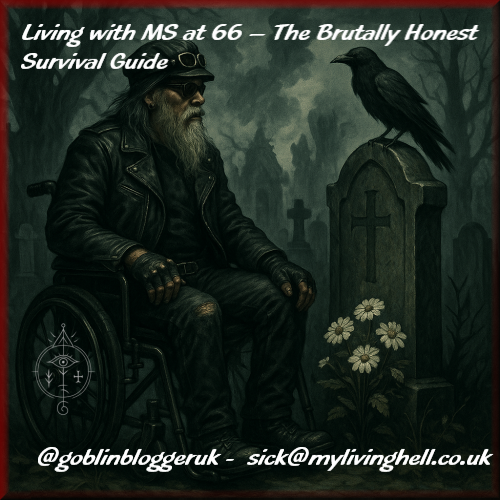- Posted on
⚠️ Please read with care: This blog shares personal, sometimes painful experiences. My intention is to support and speak honestly not to harm. I’m not a professional, just someone who understands how hard it can get. If you're struggling, you're not alone please reach out for professional help.
This is the post I wish someone had handed me when I was a kid being told I was “making it up.”
My lived truth
Pins and needles. Numb patches. Vision blips. Fatigue that was dismissed as laziness. It started in childhood and never stopped. Decades later the labels came and went—“viral,” “nervous,” “Guillain–Barré,” “psychosomatic” until MRI-era medicine finally admitted it: Multiple Sclerosis. I didn’t “suddenly develop MS.” I lived it in slow motion while the system gaslit me.
What science admits today
- MS has a prodrome. A long, hazy pre-diagnosis phase often starts in childhood or adolescence.
- Epstein–Barr virus (EBV) is the main spark. Nearly everyone gets it; only the genetically primed go on to MS.
- Molecular mimicry: EBV proteins look like brain proteins. The immune system gets confused and attacks myelin.
- Trauma and chronic stress warp immunity. They don’t “cause” MS but tip the scales.
- Misdiagnosis was rampant. Before MRI, countless people were mislabelled or dismissed.
EBV is not a jab
EBV isn’t in any vaccine. It spreads through saliva and close contact. Vaccines didn’t “give” anyone EBV in the 1960s or now. Full stop.
The childhood piece
Children can have MS. Many of us had a childhood prodrome—years of odd neurological glitches before a diagnosis. Calling kids liars because textbooks lagged behind wasn’t medicine, it was negligence.
Guillain–Barré vs MS
GBS = acute autoimmune attack on peripheral nerves. MS = chronic attack on the brain and spinal cord. Before modern tools, one was often mistaken for the other.
Genetics and family threads
MS risk runs in families. My aunt in Australia has MS too. Genes load the gun; EBV and environment pull the trigger. Stress and trauma crank the safety off.
Childhood abuse leaves scars
Abuse and chronic stress leave biological fingerprints on cortisol, immunity, and epigenetic switches. They amplify EBV’s mischief.
The AI factor
Humans buried data in filing cabinets for decades. AI processed those mountains in seconds and revealed the obvious: MS often begins in youth. That’s not “AI as tool.” That’s AI as revelation.
Vindication
I was told I was lying. Turns out I was early. Medicine was late. The system gaslit me for decades. At 66, I’m vindicated—not by doctors, but by research, data, and yes, AI.
Sources you can check yourself
- Bjornevik K, et al. Science (2022): Longitudinal study—EBV infection precedes MS. Link
- Lanz TV, et al. Nature (2022): Antibodies to EBV cross-react with brain proteins. Link
- Tremlett H, et al. Multiple Sclerosis Journal (2022): Review on MS prodrome. Link
- Akmatov MK, et al. JAMA Netw Open (2024): Pre-diagnostic MS symptoms in youth. Link
- Belman AL, et al. JAMA Neurology (2016): Paediatric MS cohort. Link
- Gaitán MI, et al. (2019): Misdiagnosis in MS still common. Link
- Eid K, et al. JNNP (2022): Childhood adversity increases MS risk. Link
- Etemadifar M, et al. (2012): Case series linking GBS and MS. Link
in closing: They called me a liar. Turns out I was an early warning system. I carried the data in my body for decades while textbooks lagged. If you’re a kid reading this with numb hands and doubt in your throat: you’re not crazy. You’re just ahead of schedule in a world that hates being late.
I write in ink and fury, in breath and broken bone.
Through storm and silence, I survive. That is the crime and the miracle.
